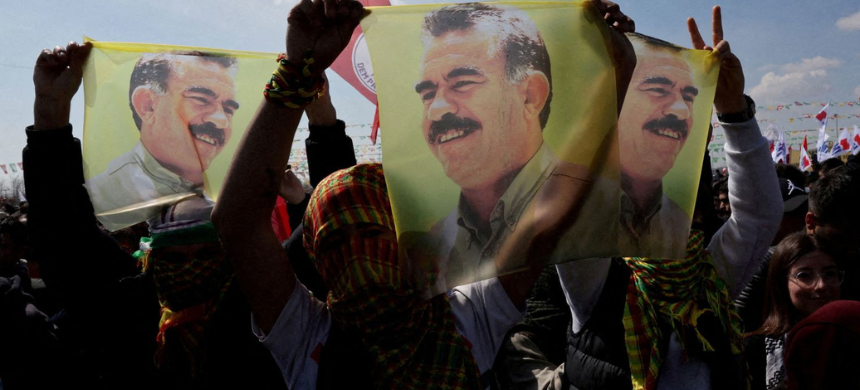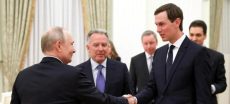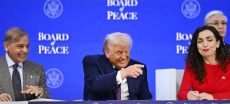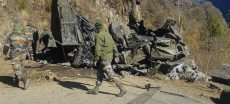PKK Announces Formal Dissolution, Ending Nearly 50-Year Armed Insurgency
In a historic development, the Kurdistan Workers’ Party (PKK) has declared the formal dissolution of its organizational structure and the end of its decades-long armed struggle against the Turkish state. The announcement was made following the group’s 12th Congress, according to a statement carried by the pro-Kurdish Firat News Agency.
“The 12th Congress of the PKK decided to dissolve the organizational structure of the PKK and to end the armed struggle method,” the group stated, adding that the process would be overseen by Abdullah Ocalan, its imprisoned founding leader.
Read More: Turkey Offers Military Support to Syria
End of an Era
Founded in 1978, the PKK has led one of the longest-running insurgencies in the Middle East, originally advocating for an independent Kurdish state in southeastern Turkey. Over the years, it shifted its focus toward demands for greater autonomy and cultural rights within Turkey.
The conflict has resulted in tens of thousands of deaths, including Turkish security forces, PKK fighters, and civilians. The PKK is designated a terrorist organization by Turkey, the United States, and the European Union.
Ceasefire and Strategic Shift
Earlier this year, the PKK declared an immediate ceasefire, reportedly on the orders of Ocalan, who has been serving a life sentence in a Turkish prison since 1999. Monday’s announcement appears to finalize that process, with the group saying:
“We have ended the work carried out under the name of the PKK.”
Despite his incarceration, Ocalan continues to influence the group’s direction and policy decisions.
Uncertain Path Ahead
While the announcement has been seen as a potential turning point in Turkey’s internal conflict and its broader Kurdish question, Ankara has not yet officially responded. Turkish authorities have historically dismissed PKK declarations as lacking credibility unless accompanied by complete disarmament and surrender.
Analysts caution that while the move could pave the way for a new political phase, it remains unclear how Turkey will engage and whether PKK factions across Syria, Iraq, and Iran will follow suit.
If fully realized, the dissolution would mark the end of one of the most influential Kurdish armed movements in the region, potentially reshaping the geopolitical landscape of the Middle East.











